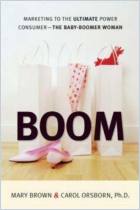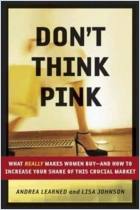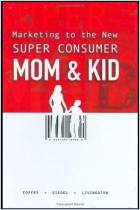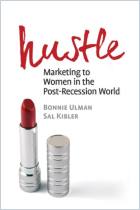Join getAbstract to access the summary!

Join getAbstract to access the summary!
Bonnie W. Ulman and Maria T. Bailey
Trillion-Dollar Moms
Marketing to a New Generation of Mothers
Kaplan Publishing, 2005
What's inside?
To tap into mothers` lucrative budgets, appeal to the roles moms play at home, on the playground and in the boardroom.
Recommendation
If men are from Mars, mothers are from Venus and advertisers are from another galaxy altogether. Fortunately, authors Maria T. Bailey and Bonnie W. Ulman have a hot ticket for corporations that hope to rocket to the new frontiers of mother-focused sales. Backed by credible marketing data, real-life case studies and their own experiences as mothers in the world of marketing, Bailey and Ulman decipher the consumer motivations of modern moms and New Age grandmothers. They include excellent examples of successful corporate strategies and of some misdirected advertising campaigns as well, plus easy-to-understand charts, sidebars and graphics. This makes the book repetitious in parts, but still strong. getAbstract.com warmly recommends it to marketing, public relations, advertising and business development professionals.
Summary
About the Authors
Maria T. Bailey is the CEO of a marketing firm that serves major retail and entertainment clients. She hosts the national Mom Talk Radio show and runs BlueSuitMom, a magazine and Web site for women executives. Bonnie W. Ulman heads an Atlanta consumer research and communications company.






















Comment on this summary